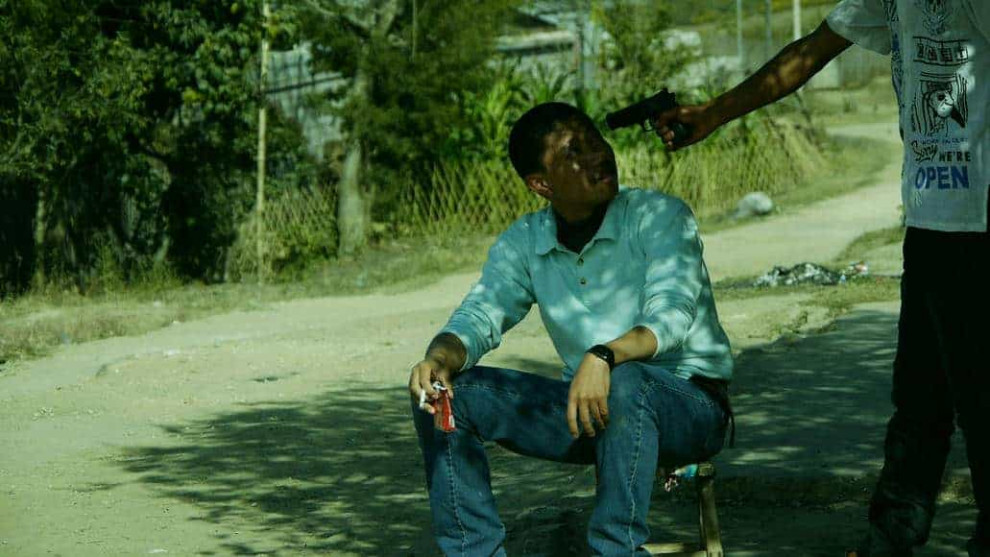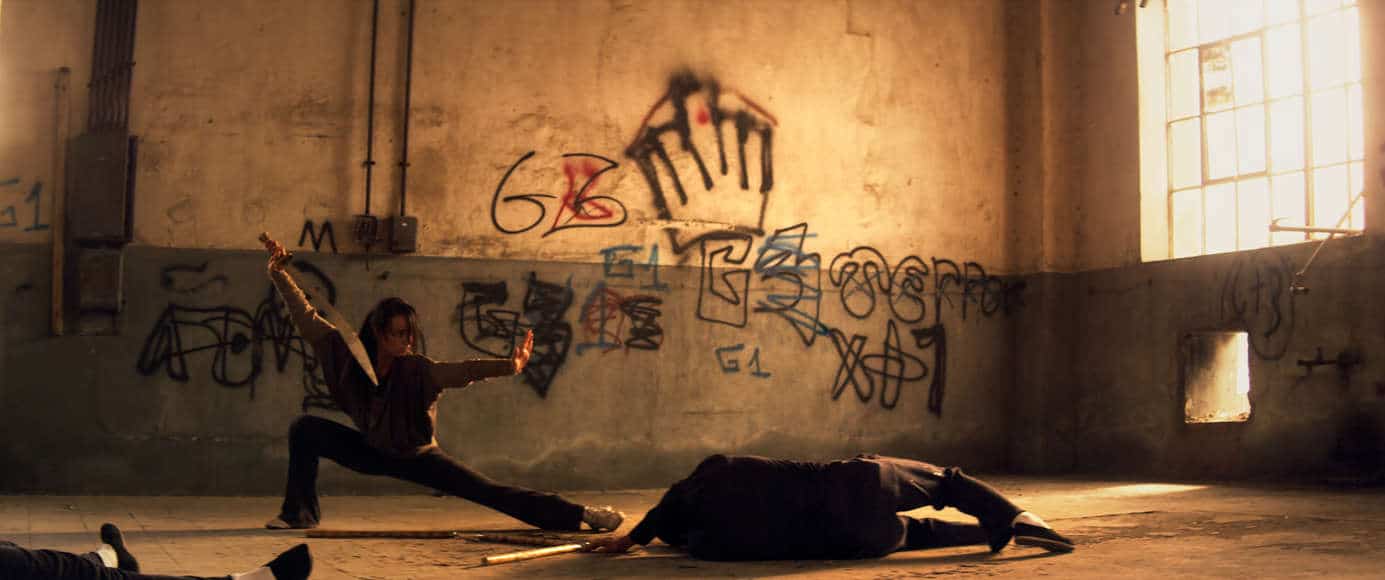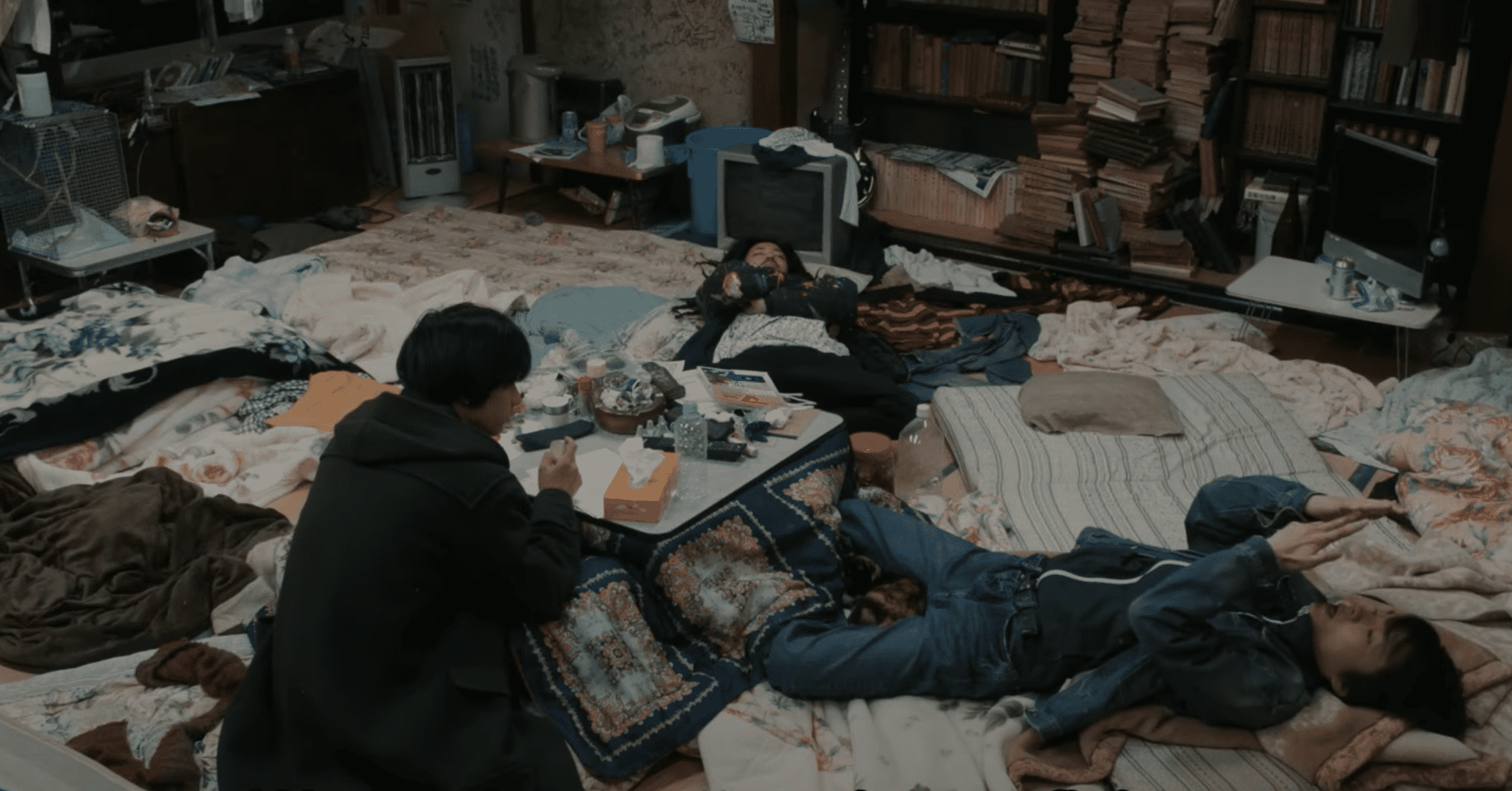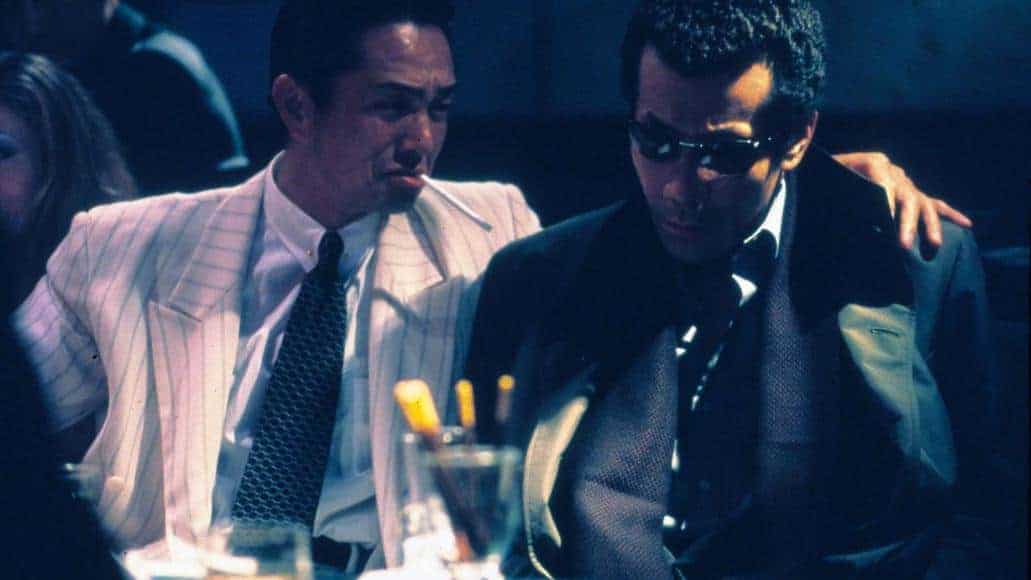As one of the final steps of the “roadmap to democracy”, as announced by General Khin Nyunt in 2003, the 2010 presidential elections in Myanmar resulted in a victory of the Union Solidariy and Development Party (USDP). The election, already criticized by the United Nations for its lack of fairness, sparked controversy and riots among the Burmese citizens. During that tumultuous time in his home country, director Midi Z shot his first feature “Return to Burma”, a portrayal of the rural areas of Burma, the living conditions and especially the attitudes of the young people with regard to the elections' promise for a better future for them. In the end, Midi Z has managed to make a rather sobering blend of feature and documentary that, even though it lacks structure, shows a country's divide between the realities of everyday life and the stories of progress or unity expressed in the government-friendly media.
“Return to Burma” is screening at CineCina iFest

At the center of the story we have Xing-hong (Wang Shin-hong), who has worked in Taiwan for many years as a construction worker. Since he has finally managed to make enough money, he returns to his home in northern Burma, to his family who make a living on the skin of their teeth with time-restricted jobs, but earning very little money. However, Xing-hong also carries the cremated ashes of a colleague of his, whose family lives close to his own and who died due to an accident at the construction site. As he brings the urn to his colleague's family, they talk about the event that led to their son's death and the dire prospects of the family who now needs to work twice as hard.
During his time in the village, Xing-hong hangs around the markets, with the few young people still around, and interviews various shop owners about their businesses. While his brothers prepare for their journey to Malaysia, where they hope to find work in construction, Xing-hong tries to find work in Burma, but the financial burden and the administrative demands are quite severe.
In his introduction to the film, which can be found on the DVD release by Terracotta Distribution, Midi Z mentions how the response of young Burmese people to the questions where they want to go which is “Anywhere but here”. Already this statement sets the tone for the director's debut feature, as he explores why so many young people want to work and live abroad. Frequently, Xing-hong talks to the youth in his village, as they hang around the place with their motorbikes and scooters, listening to music or singing songs, all of which dealing with disappointed love and broken hearts. Although seemingly unrelated to the struggles of their home country, the nature of these songs and their bitter, tone blended with a sense of idealism, defines quite fittingly a feeling these characters share. While expressing a certain longing for this lost love and affection, their voices also talk about the necessity to move on, which has nothing to do with the ideas of “progress” and “going forward together” as expressed in the government-friendly media.
Nevertheless, Xing-hong seems somewhat undecided about this notion of moving forward. Through the conversations with relatives and business owners, captured in at times painfully long takes, Midi Z's camera focuses on the character's expression as he seemingly calculates the various factors, costs and expenses the people around him are talking about, leading to a result he quite simply cannot afford. “There is no free lunch”, he explains in a motivational speech in front of students, expressing his ambivalence towards the idea of “moving forward”, insisting on his listeners to show initiative but also voicing his skepticism if this kind of initiative should be invested in Burma, especially since the notion of going “anywhere else” seems more worthwhile for so many reasons.
In the end, “Return to Burma” by Midi Z is a sobering, at times bittersweet image of his home country after the general election of 2010. Whereas its aesthetics demand a patient viewer, its themes are certainly quite noteworthy, shedding light on a country divide between its self-image and its reality.















